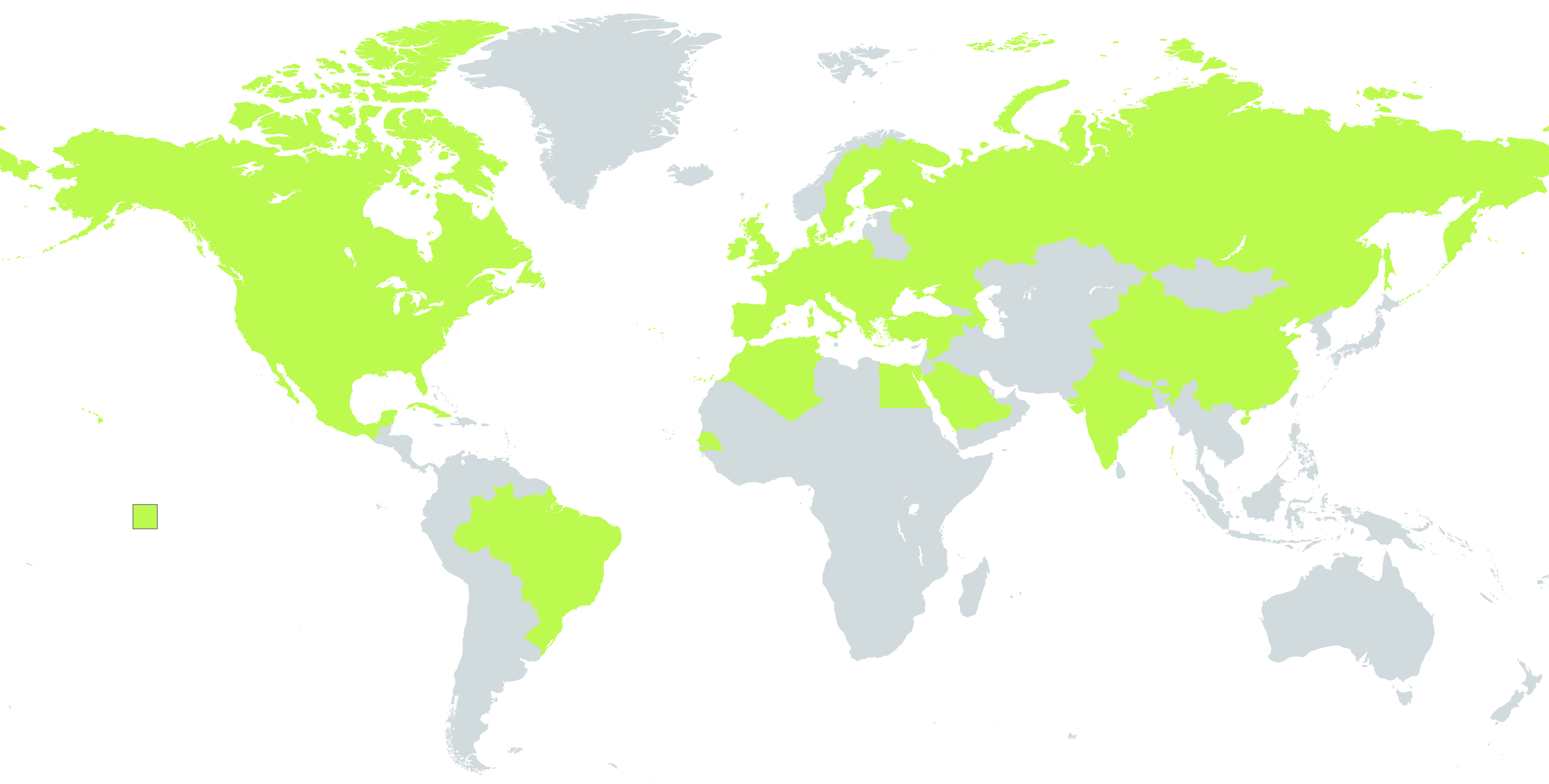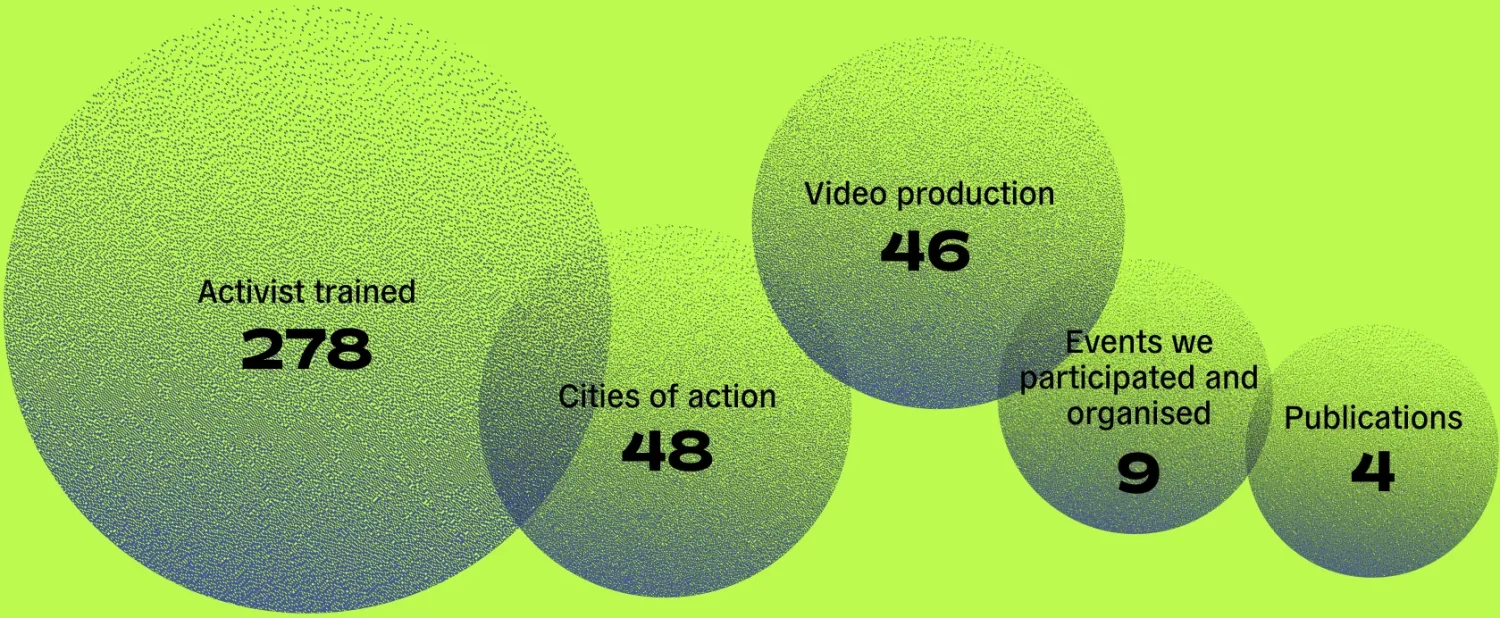Since our foundation in 2007, at European Alternatives we have always acted in the belief that the most urgent political and social questions can no longer be understood or dealt with at the national level alone, and that new forms of transnational collectivity must be created to restore to citizens’ democratic control over their future. In doing so, European Alternatives seeks to build a broader vision of a viable alternative Europe, as well as relaunch active citizenship and public commitment.
Accordingly, European Alternatives does not limit its action to one theme, topic or geographical area but endeavors to be generalist and transnational, fostering a space where an animated, potent and open european public sphere can exist, grow, and connect with international spaces.
Working through our various offices, European Alternatives has over the past years developed innovative approaches to promote European citizenship and fundamental rights by organising citizens’ panels, campaigns, festivals, and conferences, by using innovative online methods (multilingual websites, online radio, social networking, online videos, magazines, web documentaries) and by involving excluded groups in activities with a European focus (migrant organisations, local democracy groups, youth collectives, artistic organisations).
Measuring the impact of our work and efforts has always been a priority of the organisation. By Impact, we mean the effect that our work has on specific segments of society, but also how it influences different social & governance processes that are in line with our mission and values. Since 2023, the Monitoring, Evaluation and Learning system has been greatly developed within EA – with a review of project & programme indicators, the development of data collection tools and their adaptation to team needs. The team has also structured its work into five thematic streams, with specific objectives which the MEL system monitors.

Our impact at a glance
